What are the typical fees and expenses for the recruitment of a migrant worker?
Fees and expenses associated with the recruitment of a migrant worker can vary significantly depending on the destination country, the type of job, the recruitment agency, and the specific circumstances of the worker. It’s important to note that some countries and regions have regulations in place to protect workers from exploitative recruitment practices, while others may lack such protections.
Typically, the following fees and expenses may be involved in the recruitment process for a migrant worker:
Recruitment agency fees
These are the fees charged by the recruitment agency for their services in sourcing and connecting the worker with potential employers. These fees can vary widely and may be a percentage of the worker’s salary or a fixed amount.
Visa and work permit fees
Migrant workers often require visas and work permits to legally work in a foreign country. The cost of obtaining these documents can include application fees, processing fees, and other administrative charges.
Travel Expenses
Migrant workers may be responsible for covering the costs of their travel to the destination country, including airfare, transportation to the workplace, and other related expenses.
Medical examinations
Some countries require medical examinations as part of the visa application process. Migrant workers may need to pay for these medical tests.
Document attestation and translation
Workers may need to get their educational and professional qualifications attested or translated, which can involve additional costs.
Orientation and training fees
In certain cases, migrant workers may need to undergo pre-departure orientation or specific training, which might have associated costs.
Recruitment-related debt
In unfortunate cases of debt bondage, migrant workers may be charged excessive recruitment fees or loans with high-interest rates, creating a cycle of debt that workers have to repay over time.
It’s essential to ensure that the recruitment process adheres to fair and ethical practices, and that workers are not subject to exploitative fees or working conditions. Transparent and regulated recruitment systems are essential to protect the rights and well-being of migrant workers. Given the complexity of recruitment costs and the potential for exploitation, it’s advisable for both employers and workers to research and work with reputable recruitment agencies and to be aware of the legal and ethical requirements of the destination country’s labour market.
Ask a question
If you would like to remain anonymous you can use an alternative email and name. The Mekong Club team requires a working email to be used so they can reach out and provide assistance directly. Once a comment has been placed the team will review and respond within 72 hours

